The idea that cats, or any animals for that matter, have an innate ability to say goodbye before they die is a topic surrounded by mystery and folklore. While many pet owners and animal lovers have anecdotal stories of their feline companions exhibiting unusual behaviors before passing away, it’s essential to approach this subject from a critical and scientific perspective.
In this article, we will explore the concept of animals, particularly cats say goodbye before they die, examining the evidence and various theories behind it.
Heartfelt Bonds: Humans and Cats

Along with dogs, cats have long been an integral part of human companionship. Evidence of their domestication may be found in ancient Egyptian homes and temples, dating back thousands of years. Cats and humans have created deep relationships throughout the years that frequently go beyond the boundaries of language as we currently understand it.
Cats are notorious for being able to detect human emotions, and occasionally they even appear to be able to tell when their owners are in trouble. They are known to be compassionate creatures since they provide solace and company in difficult situations. This bond between cats and their human companions has given rise to numerous tales and anecdotes of cats acting strangely when their people are on the verge of passing away.
Tender Goodbyes: Cats’ Final Acts
The innumerable anecdotal tales from pet owners are one of the primary causes for the notion that cats may communicate their final wishes before passing away. In such stories, cats are seen behaving strangely or acting in a different way when a sick human is around. Even though these stories are often touching and frequently spoken with a lot of passion, they are essentially anecdotal and cannot be taken as scientific proof.
Some of the common behaviors that have been reported include:
1. Cat Comfort: Affectionate Expressions

Heightened affection is a touching behavior observed in some cats as they near the end of their lives. In these moments, felines tend to become more emotionally connected to their human companions, seeking closer physical contact, displaying increased purring, and snuggling with greater intensity. This heightened affection is often interpreted as an expression of the cat’s empathy and its instinctual response to changes in the emotional and physical state of their owners.
2. Loyal Guardians: Cats in Final Hours
Vigilance is a noteworthy behavior exhibited by cats when they sense that a person is nearing the end of their life. Cats, with their acute senses, become watchful and alert, as if standing guard. This behavior may manifest as the cat staying close to the person, keeping a keen eye on them, and being unusually attentive. While the reasons for this vigilance are not fully understood, it underscores the deep bonds between cats and their owners and their ability to detect subtle changes in a person’s condition or emotional state.
3. Stay Close: Cats’ Unwavering Support:-
In some instances, cats have been observed adamantly refusing to leave the side of a terminally ill individual. They remain steadfastly present, foregoing their own needs and sustenance, showcasing an unwavering loyalty and a deep connection between the cat and the person in their final moments. While the exact motivation behind this behavior remains a subject of debate, it serves as a poignant illustration of the profound bonds that can exist between feline companions and their human counterparts during times of distress and vulnerability.
4. Paws of Comfort: Kneading and Purring:-

Cats frequently engage in a behavior known as “kneading and purring” when an unwell human is nearby. With their paws, cats will knead their owners or the bed, a behavior reminiscent of a kitten feeding. It is said that their soft, repetitive movement and the calming sound of their purring bring solace and assurance. This behavior is a charming and reassuring way that cats demonstrate their empathy and care during difficult situations, even if it may not always be an indication of a capacity to foretell death.
While endearing and meaningful to those who witness them, these actions don’t necessarily suggest that cats have the supernatural capacity to foretell demise. They could be reacting to modifications in fragrance, behavior, or even the owners’ mental condition.
Scientific Explanations for Cats’ Behavior
In contrast to any supernatural or metaphysical phenomenon, many scientists and veterinarians think that cats’ capacity to detect imminent death may be explained by natural processes. Here are a few such justifications:
1. Sensitivity to Changes:
Cats’ extraordinary sensitivity to changes, particularly in the olfactory domain, can sometimes be used to explain how they can predict imminent death. Cats have a highly developed sense of smell, and they can pick up on even the slightest changes in a person’s body odor when they are ill. They can react to the chemical constituents or mental stress linked to sickness thanks to their enhanced sensory acuity. Their behavior, such as enhanced alertness or intensified affection, could be the result of this keen sensitivity, which makes them sensitive to their owner’s well-being amid trying circumstances.
2. Empathy:
The concept of “empathy” in cats is a subject of ongoing research and debate within the scientific community. While it’s challenging to definitively prove empathy in animals, cats often demonstrate a keen sensitivity to the emotional states of their human companions. This heightened awareness may lead them to provide comfort and companionship when their owners are unwell. While it’s not a confirmed scientific fact, it’s a plausible explanation for why cats exhibit supportive behaviors in the presence of those who are terminally ill, showcasing their deep emotional connection with humans.
3. Routine and Habit:
Cats are creatures of habit, thriving on routine in their daily lives. When a person becomes gravely ill, their routine often shifts, with more time spent in bed or at home. Cats are highly attuned to changes in their environment and may respond to these shifts by altering their behavior. They may stay closer to their ailing owner or spend more time in the same room, demonstrating a sensitivity to changes in routine. While not indicative of an ability to predict death, this response showcases their adaptability and their desire to offer comfort.
4. Innate Instincts:
Innate instincts may partially explain how cats react to a critically ill person. Cats will frequently defend the weaker members of their community in the wild. Domesticated cats may feel their owner’s fragility as a result of an illness and react by congregating nearby and offering comfort. Although this act may not be a planned “goodbye,” it does demonstrate their inherent desire to help people in need. Even if we don’t completely comprehend the mechanics underlying their behavior, it’s a tribute to the enduring closeness and empathy that cats may exhibit.
Do Cats Grieve?

Cats do experience grief and loss when a beloved person or companion passes away. They may display signs of mourning, such as decreased activity, changes in eating habits, or searching for the missing individual. While their expression of grief may not be as overt as in humans, their emotional bonds and attachment to their human companions are undeniable. This grieving process underscores the depth of the unique relationships that cats can form with their owners, highlighting the importance of providing support and understanding during such challenging times.
Final Chapter: Emotional Journey When Cats Say Goodbye
The concept of cats saying goodbye before they die is an emotional and deeply personal one for many pet owners. While there are numerous anecdotal stories of cats displaying unusual behaviors in the presence of a terminally ill person, it’s challenging to attribute these behaviors to a supernatural or metaphysical ability.
Instead, it’s more likely that cats are responding to changes in scent, behavior, or emotional state, which they can keenly sense due to their highly developed senses. Due to their close relationships and, maybe, their intrinsic instincts, cats may be providing their owners with comfort and companionship during challenging circumstances.
The relationship between humans and their feline companions is a unique and cherished one. The affection and bond between cats and their owners continue to be a source of comfort and consolation during some of life’s most difficult times, even as science continues to probe the secrets of animal behavior.



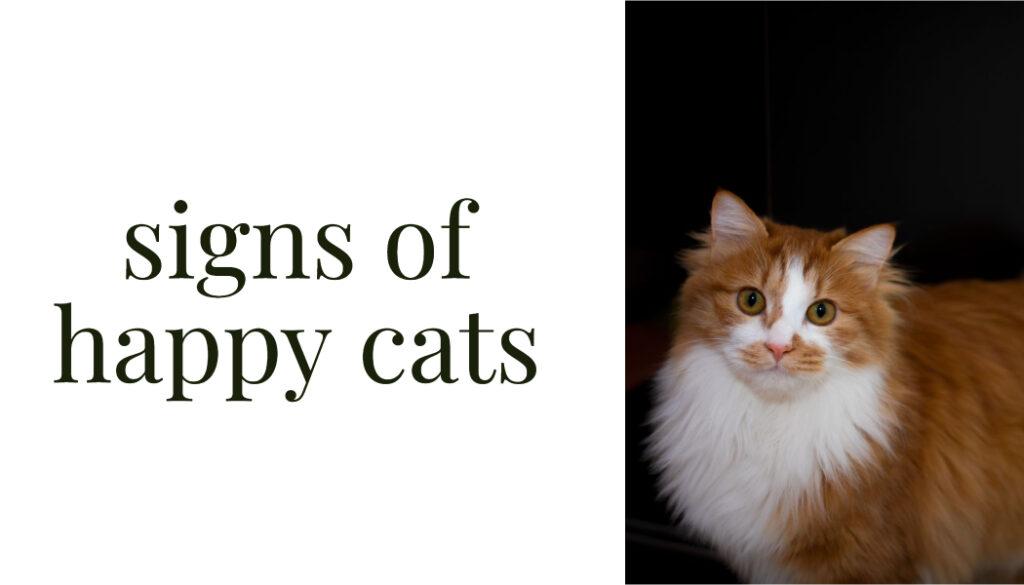
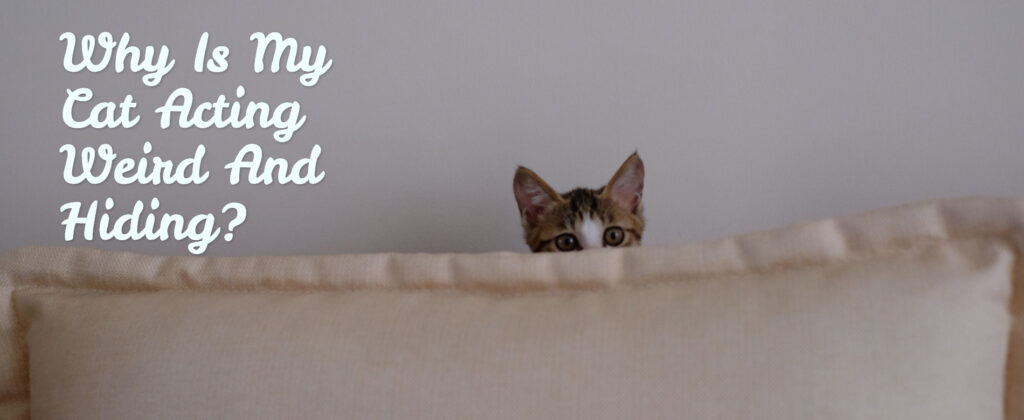
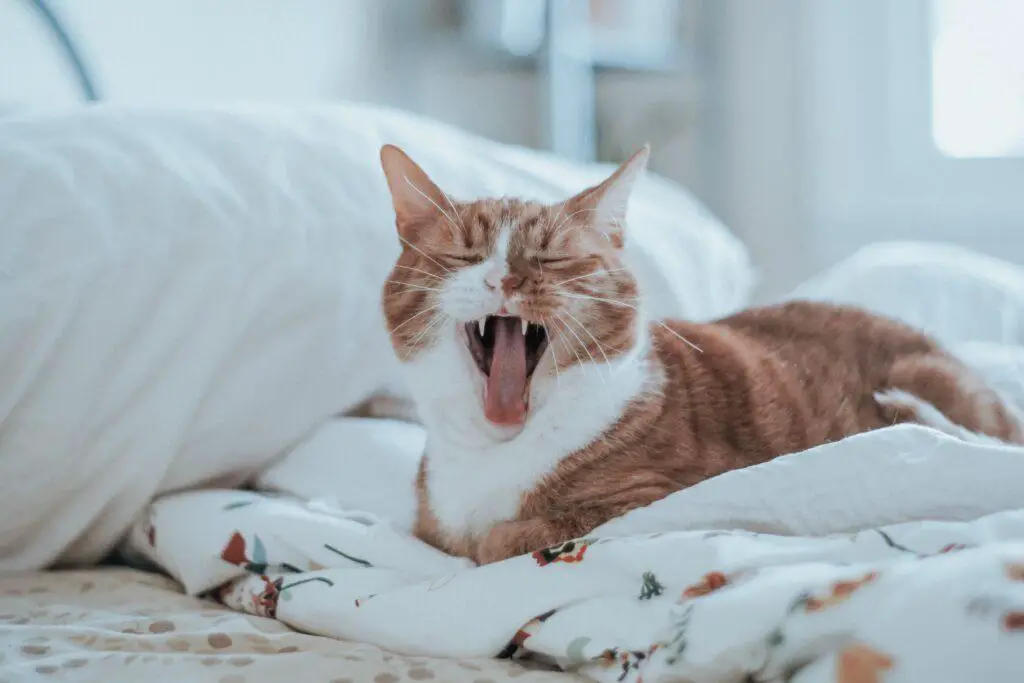
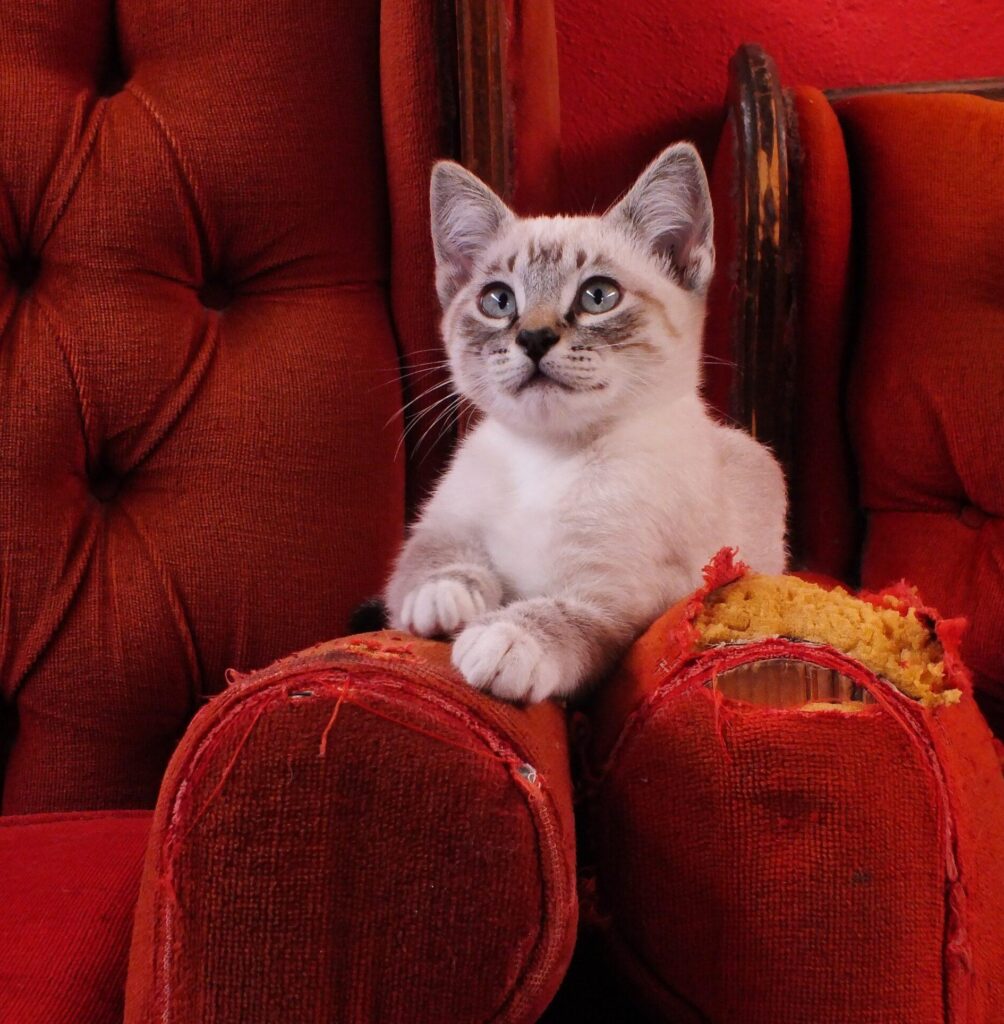
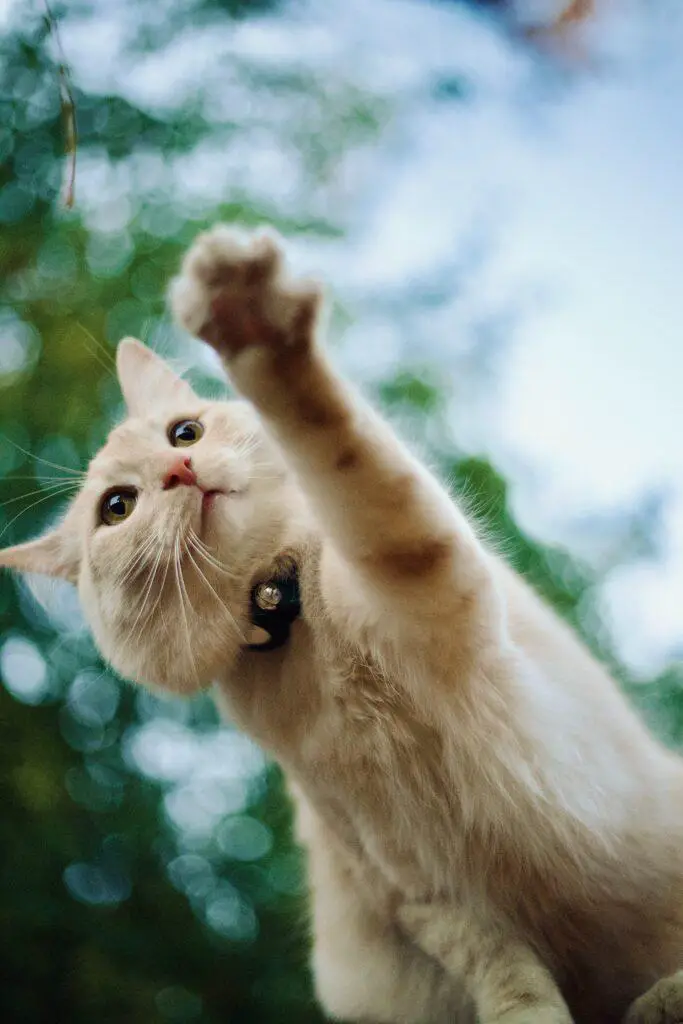
Pingback: Why Are MaineCoons Cats So Big? -
Pingback: what do cats do when they sense death in humans? -